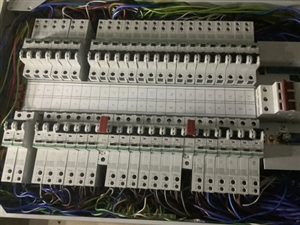
davezawadi (David Stone):
Hm Chris, Why is no having RCD protection in an office environment potentially dangerous?
We're about to take you to the IET registration website. Don't worry though, you'll be sent straight back to the community after completing the registration.
Continue to the IET registration site